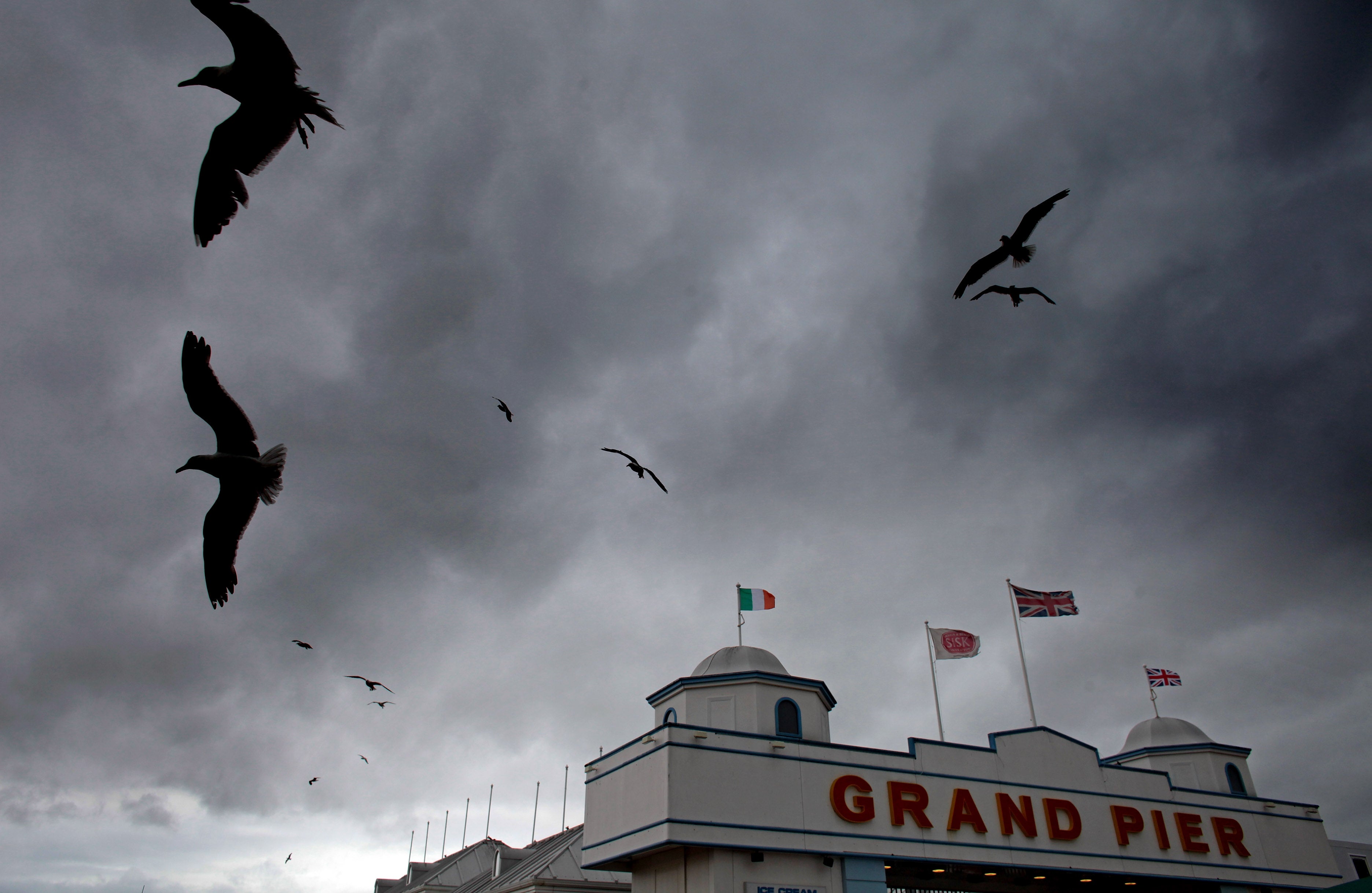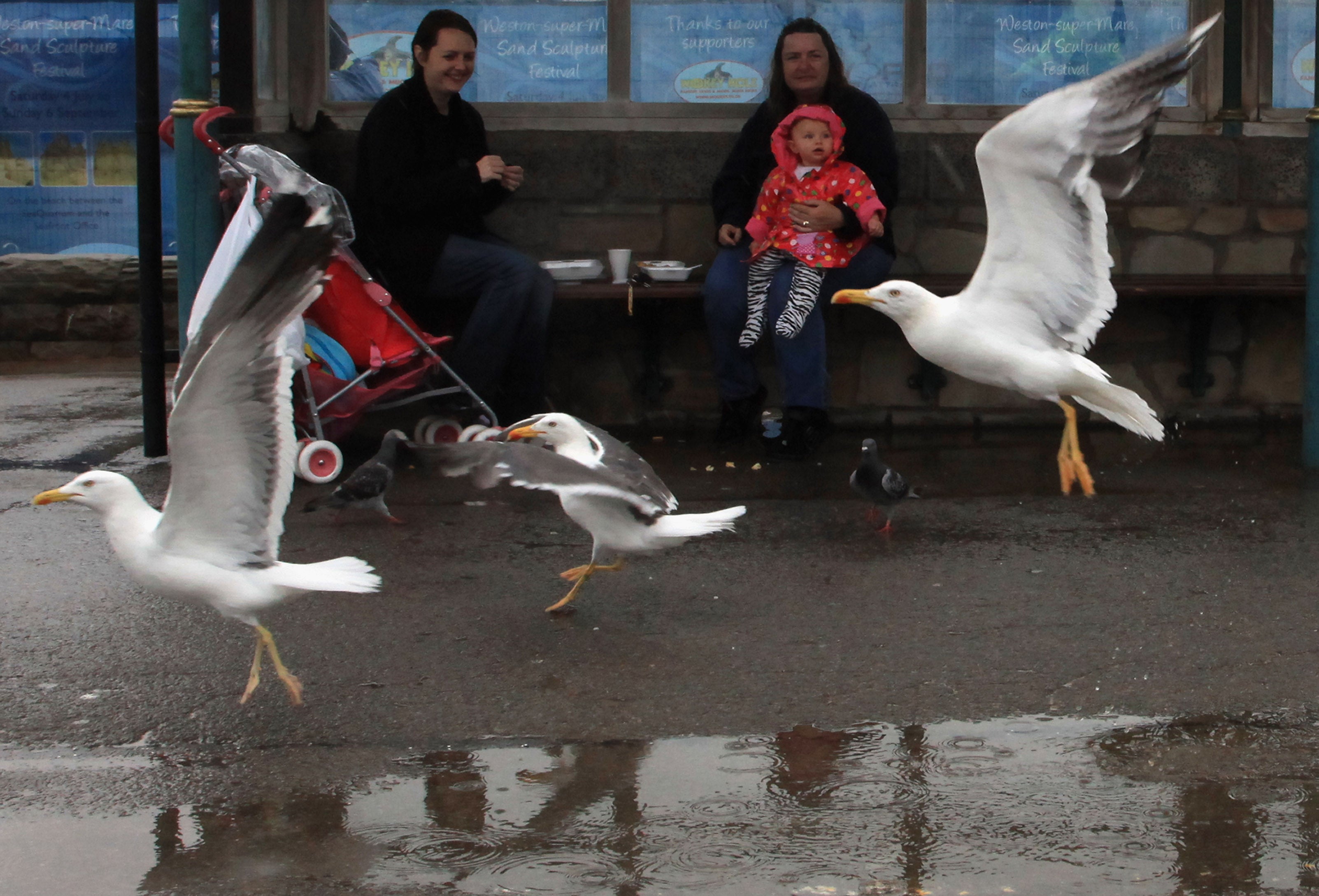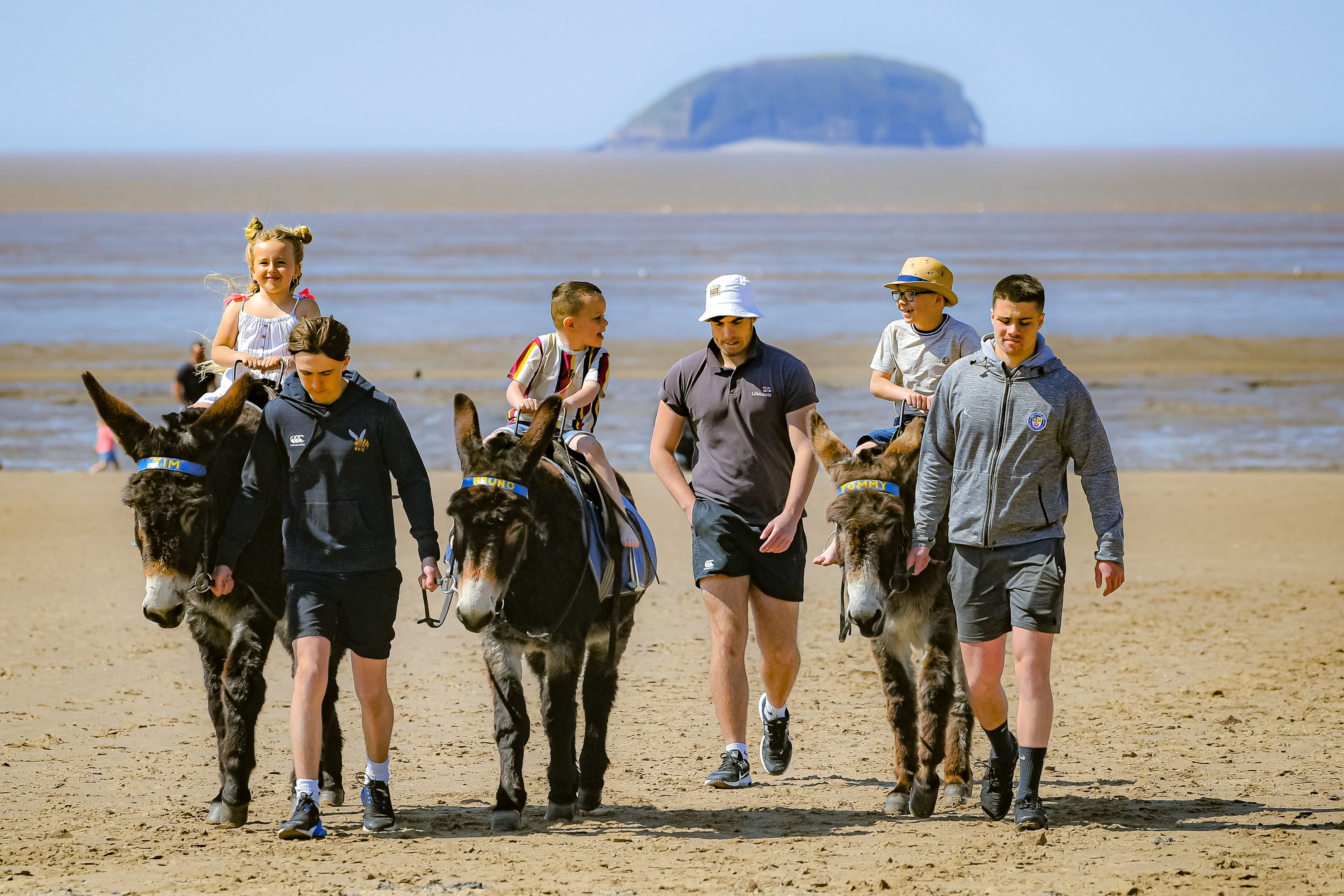Your support helps us to tell the story
From reproductive rights to climate change to Big Tech, The Independent is on the ground when the story is developing. Whether it's investigating the financials of Elon Musk's pro-Trump PAC or producing our latest documentary, 'The A Word', which shines a light on the American women fighting for reproductive rights, we know how important it is to parse out the facts from the messaging.
At such a critical moment in US history, we need reporters on the ground. Your donation allows us to keep sending journalists to speak to both sides of the story.
The Independent is trusted by Americans across the entire political spectrum. And unlike many other quality news outlets, we choose not to lock Americans out of our reporting and analysis with paywalls. We believe quality journalism should be available to everyone, paid for by those who can afford it.
Your support makes all the difference.They have been described as the rats of the sky and are known for stealing chips and ice creams from tourists - but now seagulls are being blamed for the dirty water at a seaside resort.
DNA analysis of samples from Weston-super-Mare’s two-mile-long sandy beach by the Environment Agency indicates that the gulls are a “significant source” of the unclean bathing water.
The test results, which drew a link between the E. coli bacteria in the water and the seagull faeces, were highlighted in a new report that ruled the resort’s bathing water quality was poor for the third year running.
The publication by the Department for Environment, Food and Rural Affairs warned against swimming at Weston.
And while other factors behind the unclean water - including the discharge of sewage and litter - are being worked on, reducing the impact of the seagulls on the water is a more difficult task.

The birds defecate in the Bristol Channel as they fly to and from the town from the nearby breeding colony of Steep Holm.
A survey is now to be done of the birds’ population to help experts find out if there has been an increase that could have contributed to the deterioration in bathing water quality.
Last year, North Somerset Council proposed to dish out £75 fines to people caught feeding the gulls in a crackdown - but then backed down following strong public opposition.
Town mayor Mark Canniford said the community had a strong affection for the birds, but acknowledged they were causing some issues in the town.
He told The Independent: “The plan to fine people was met by opposition from people who said it was unfair to pick on those who take enjoyment from feeding the gulls - but those people are disconnecting themselves from the problems the population causes.

“I love the seagulls, I love hearing their noise in the mornings, it reminds you you are on the seaside. But there is the problem with the water and they can be confident when swooping down to take food from people.
“We try to discourage people from feeding them. We need to find a suitable solution without hurting the gulls and upsetting the public.”
The birds are protected by law under the Wildlife and Countryside Act 1981. Last year, a man who killed a seagull after it stole his chips was given a 12-week curfew and ordered to pay £750 in costs.
The Royal Society for the Protection of Birds said that despite the perception the population of seagulls was growing, many species of the gull were under threat.
A spokesperson told The Independent: “While their increased presence inland and in our cities may give the appearance of there being more gulls than ever, our gulls are in trouble despite this.

“All seven species of gull that regularly breed in the UK are now listed as red or amber status in the list of UK’s Birds of Conservation Concern, meaning that their population are in decline.”
They added that human activity at sea, climate change and unsustainable fishing were making it harder for the birds to survive.
The latest bathing water quality results used samples over a five-year period taken between May and September each year. A steering group has been set up in a bid to improve the water quality involving the council and Wessex Water, which has spent “millions of pounds” on the situation.
Jim Flory, environment manager at the Environment Agency, said: “By working with the steering group we are confident that we are doing all we can to see the improvement in water quality that everyone wants.
“Many people enjoy these coastal waters, and we know the value they bring in terms of social, health and wellbeing benefits. It’s vital that bathing water quality is maintained and improved.”

Join our commenting forum
Join thought-provoking conversations, follow other Independent readers and see their replies
Comments